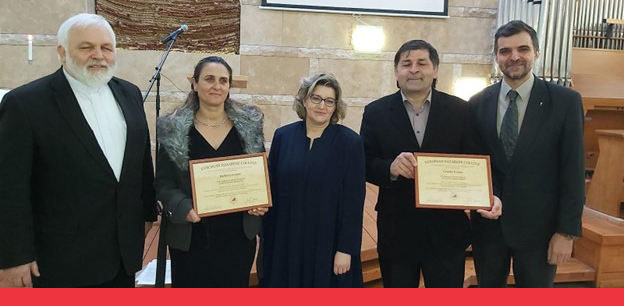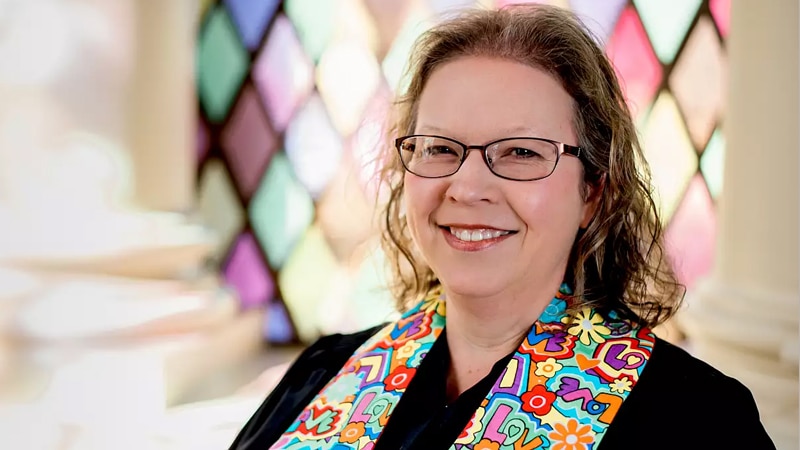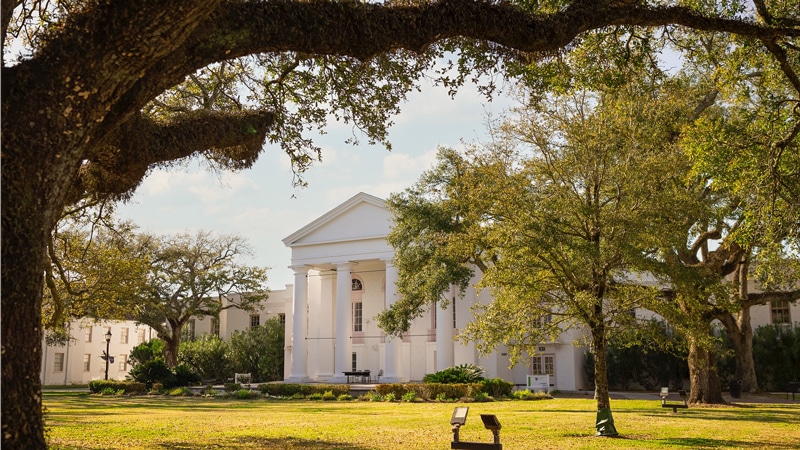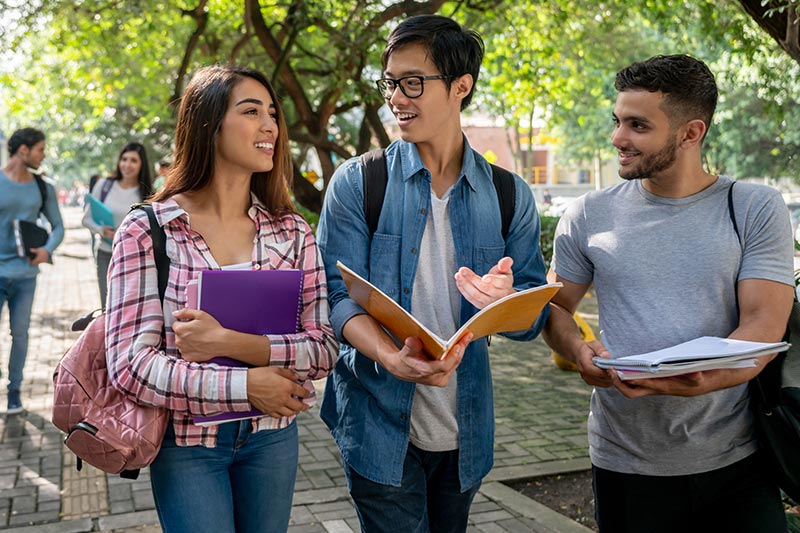Overcoming Obstacles to a Theological Education

The dream began shaping into reality seven years ago. Today, it is a dream fulfilled.
Honoring their calls to ministry with Roma and Hungarian people, Mária Raffael and Ferenc Csonka each dreamed of studying amongst other Methodists. They wanted to learn the Christian faith’s history, traditions, and practices so they could teach and inspire others. The Wesley Bible School in Budapest, Hungary, was the first place they turned to support the education needed to fulfill their callings.
Thanks to the Central Conference Theological Education Fund (CCTEF) grants, both Mária and Ferenc have now graduated with Spiritual Development and Christian Ministry diplomas from Wesley Bible School – the first students to graduate in seven years.
“It is a very encouraging experience to see men and women in the church who are ready to learn (while working elsewhere), even when they are from a very challenging and hard background,” said Rev. László Khaled, superintendent of The United Methodist Church in Hungary.
Learn more about the Central Conference Theological Education Fund and how to apply here: https://www.gbhem.org/education-leaders/cctef/
The journey has not been an easy one.
Romani Hungarians have faced historical oppression, of which remnants are still woven into the societal fabric. A lower income, higher unemployment, and anti-Roma sentiment create barriers that too often halt dreams from becoming a reality.
Mária and Ferenc understand this oppression firsthand because they are Romani Hungarians. Their ministries are rooted in holy perseverance and endurance that have helped them overcome obstacles. Being accepted at Wesley Bible School and granted CCTEF-funded scholarships was an affirmation of their callings.
Mária Raffael
Mária, her husband István, and their family of five children live in the Abony church building, not far from the Wesley Bible School. Mária reports that “The Lord led my husband to persons who have struggled with drug and alcohol problems. With unconditional love and with acceptance, God tries to lead us out of the captivity of drugs and alcohol, more or less with success, but we will not give up. To this day, we keep in touch with them as one extended family.”
Adjusting to the COVID-19 protocols of the worldwide pandemic, Mária and István began initiating online home circles in 2021 alongside Edgár Dobozy, “a faithful member of the Methodist Church.” A primary focus of their home circles was to lead “ongoing prayer battles for the Covid situation.” Those close to the Abony community were affected by the pandemic. They prayed for God to send “pillar believers who are firm in the faith.”
God answered those prayers by bringing more persons to the ministry. Pastor István Szuhánszy worked even during the quarantine to distribute donation packages for families in need. Mária and her family helped in the distribution.
Related Posts
Now, in a new office and new setting, that Scott Erickson print hangs proudly. You’ll see it just over my shoulder on Zoom calls, reminding me that What I love is God and God’s people coming together, wherever and however we may do so.
As college chaplain of Emory & Henry University, Sharon Wiley Wright views her work with students as both a calling and a privilege. A 1994 alumna, Wright has spent the past 11 years shaping the spiritual life of the campus through mentorship, teaching, and pastoral care.
NEW ORLEANS — At Dillard University, the Black College Fund (BCF) of The United Methodist Church is doing more than preserving infrastructure — it’s sustaining a legacy of faith-based education and empowerment for historically underserved students at this UM-related university in Louisiana, says Monique Guillory, Dillard’s president.







